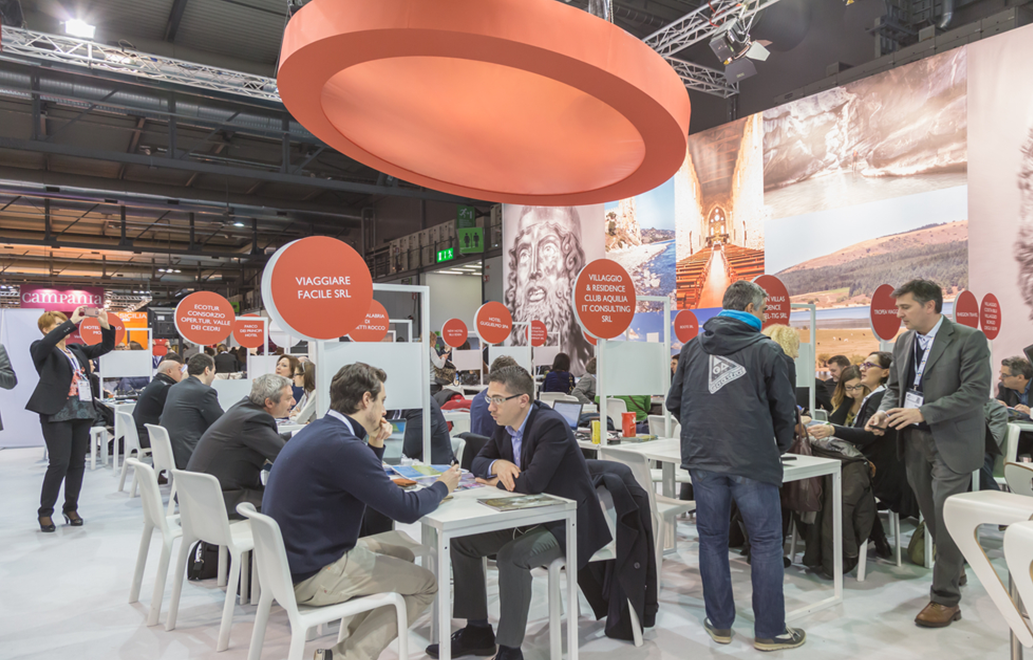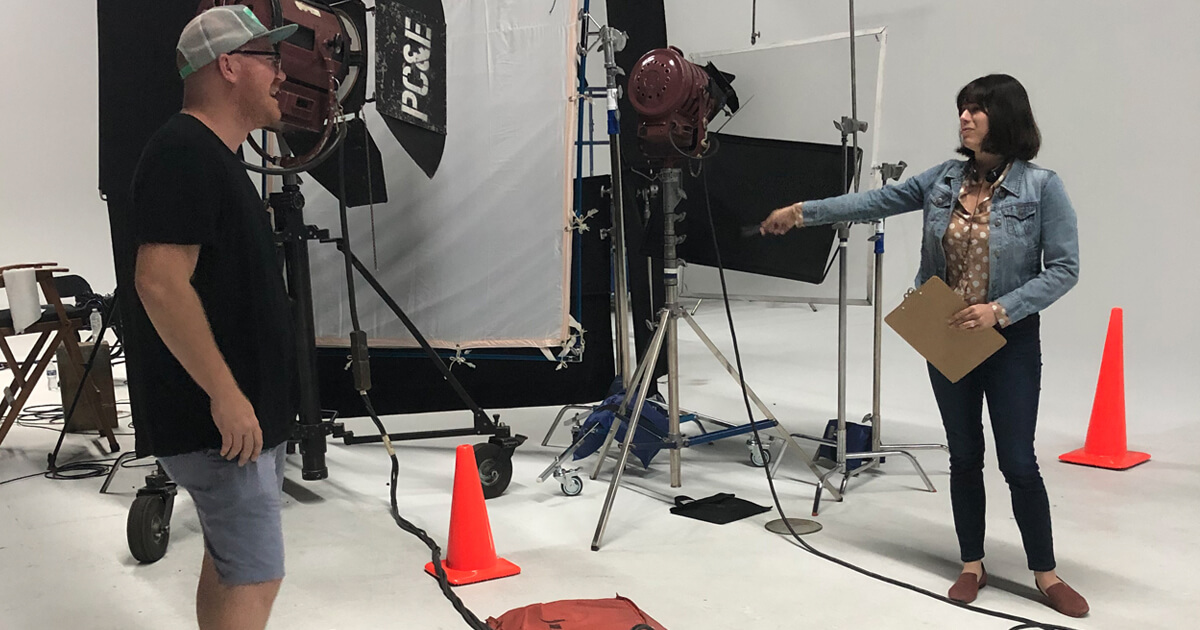Just How Event Production Functions: A Comprehensive Consider the Refine
Event production is a facility and structured process that requires careful planning and execution. It begins with developing clear goals and comprehending the target market. Each action, from budgeting to venue choice, plays an essential function in making sure success. As the process unfolds, numerous aspects must straighten effortlessly. The nuances of this intricate procedure frequently go undetected. What are the crucial stages that add to a memorable event?

The Preliminary Drawing Board
When starting on event production, careful preparation is necessary to assure an effective end result. The preliminary drawing board functions as the structure for all succeeding initiatives. During this phase, event producers must specify the event's function and goals clearly. Identifying the target audience aids customize the experience and messaging, guaranteeing significance and engagement.Producers must additionally take into consideration the event style, whether it be in-person, virtual, or crossbreed, as this will certainly influence numerous logistical aspects. Selecting an ideal day and venue is critical, as it influences availability and availability.Furthermore, putting together a reputable group is essential for dividing duties and enhancing communication. Developing a timeline with milestones warranties all tasks are finished on time. This phase involves thorough research study, including determining potential difficulties and devising methods to mitigate dangers. Inevitably, a well-structured initial preparation stage sets the tone for an effective event production trip.

Budgeting and Resource Appropriation
In event production, effective budgeting and resource allowance are critical for success - event production charlotte. Establishing monetary criteria establishes the foundation for all subsequent decisions, while source circulation approaches guarantee that every element of the event is effectively sustained. With each other, these elements help preserve control over expenses and maximize the use of offered sources
Establishing Financial Parameters
Establishing monetary criteria is essential to the success of any event production, as it sets the foundation for effective budgeting and resource allotment. This process begins with defining the general budget plan, which incorporates all facets of the event, consisting of location expenses, food catering, and advertising and marketing. By recognizing readily available funds, event coordinators can focus on expenditures and assign resources appropriately. On top of that, it is necessary to carry out complete market research study to expect prospective expenses and identify financing resources, such as sponsorships or ticket sales. Developing clear monetary specifications likewise aids in threat monitoring, enabling planners to reserve contingency funds for unexpected expenditures. Eventually, a well-defined spending plan acts as a roadmap, assisting the event production team in the direction of attaining their goals while maintaining financial control.
Resource Distribution Strategies
Reliable resource circulation methods are important for making the most of the influence of an occasion while adhering to budget plan restraints. Successful event production calls for a careful approach to budgeting and source allocation. Coordinators must focus on important components such as venue, wedding catering, and innovation, making certain that funds are assigned to locations that enhance guest experience. A thorough spending plan should describe anticipated expenses and identify areas for possible cost savings, such as discussing with vendors or checking out sponsorship possibilities. In addition, tracking expenditures throughout the planning process assists protect against overspending. By employing tactical resource circulation, event manufacturers can supply a remarkable experience while maintaining fiscal obligation, eventually adding to the total success of the event.
Place Option and Logistics
Choosing the best venue is important to the success of any kind of event, as it establishes the phase for the general experience. Location choice includes assessing different elements, including capacity, ease of access, and location. Planners must consider the target audience and the nature of the event, making certain the place straightens with the event's goals.Logistics play a substantial function in this process, involving arrangements for seats, audiovisual devices, and catering services. An appropriate location ought to help with smooth flow for participants and team, improving engagement.Additionally, evaluating potential places for features like auto parking, restrooms, and fire escape is necessary for safety and security and benefit. The timeline for safeguarding the venue is additionally essential, as prominent areas may book promptly - event production charlotte. Subsequently, extensive planning and timely execution can inevitably contribute to a smooth event experience, making location option and logistics essential parts of successful event production
Imaginative Concept Advancement
While the venue sets the physical phase, creative concept advancement forms the event's identity and narrative. This procedure starts with identifying the event's objective and target audience, enabling event manufacturers to create a compelling style that reverberates with participants. Brainstorming sessions Learn More typically consist of varied perspectives, fostering ingenious concepts that straighten with the event's goals.Once a theme is established, visual aspects such as shade palettes, signage, and design are created to boost the overall atmosphere. Storytelling methods might additionally be incorporated to create an engaging journey for participants, guaranteeing an unforgettable experience. In addition, factors to consider concerning enjoyment, tasks, and interactive elements are lined up with the selected concept, reinforcing the theme throughout the event.Ultimately, efficient innovative principle growth warranties that every aspect of the event works cohesively, leaving a long lasting perception on participants and meeting the event's purposes. This fundamental work lays the groundwork for subsequent planning and execution stages.
Working together With Vendors and Providers
Successful event production depends upon effective cooperation with suppliers and vendors. Choosing reliable partners, negotiating agreements successfully, and guaranteeing timely distributions are essential actions in this process. Each of these factors adds substantially to the general success and smooth execution of an occasion.
Choosing Reliable Allies
Exactly how can event planners assure a seamless production experience? Picking dependable partners is essential in attaining this goal. Event organizers should perform extensive research to determine vendors and vendors with a proven track a fantastic read record of quality. This includes examining references, examining profiles, and assessing consumer feedback. Coordinators need to prioritize companions that demonstrate professionalism, timely interaction, and a willingness to work together. Structure solid relationships promotes depend on and enables quick analytical throughout the event. In addition, it is advantageous to select neighborhood suppliers who understand the location and local logistics. Inevitably, an effective event pivots on the synergy between planners and their partners, making sure that every facet of production runs efficiently and successfully.
Negotiating Contracts Efficiently
Efficient settlement of contracts is a crucial action in the partnership in between event coordinators and their suppliers and vendors. This procedure includes clear communication of expectations, deliverables, and timelines. Coordinators ought to conduct extensive research study on market rates and industry standards to develop a standard for arrangements. It is necessary to produce a collective atmosphere, encouraging open discussion concerning terms, rates, and prospective contingencies. Planners need to additionally focus on understanding the vendor's capacities and restrictions to align their demands properly. Versatility can result in mutually valuable contracts, fostering long-term partnerships. Crafting well-defined agreements that include specific efficiency metrics can assist guarantee liability, ultimately bring about effective event execution and complete satisfaction for all events included.
Ensuring Prompt Deliveries
Prompt deliveries are necessary for the smooth execution of any kind of event, needing persistent partnership between coordinators and their vendors and vendors. Effective communication is essential, as it helps establish clear assumptions concerning distribution schedules, amounts, and details requirements. Coordinators frequently produce thorough timelines to describe essential milestones, making sure all events remain aligned throughout the procedure. Normal check-ins with suppliers can help determine prospective hold-ups early, permitting proactive services. Furthermore, constructing solid partnerships with dependable vendors promotes trust fund and liability, which can result in better service and prioritization. By prioritizing these collaborative efforts, planners can reduce interruptions, consequently improving the general effectiveness of event production and making sure that all needed products and solutions show up as prepared.
Advertising and Promotion Strategies
While arranging an event, the success of marketing and promo methods can significantly influence presence and interaction. Effective approaches commonly include a mix of electronic marketing, typical marketing, and grassroots outreach. Utilizing social media sites platforms enables real-time interaction and targeted advertising, getting to specific demographics properly. Email advertising projects can even more involve potential participants with customized web content and reminders.Collaborations with influencers or industry leaders can additionally enhance integrity and widen reach. Producing engaging material, such as video clips or blogs, assists to create buzz and sustain rate of interest leading up to the event. In addition, leveraging early-bird discounts and special perks can incentivize ticket purchases.Promoting through standard networks, such as posters or local media, stays pertinent, especially in community-focused events. A complete approach that integrates several methods warranties maximum visibility and interaction, eventually adding to the event's success and the production of a memorable experience for attendees.
On-Site Execution and Management
On-site execution and administration are crucial parts that determine the overall success of an event. Effective coordination during the event ensures that all aspects straighten with the intended schedule. Event supervisors supervise logistics, including vendor control, tools arrangement, and guest solutions. Keeping an eye on timelines and addressing any unforeseen problems are basic for maintaining a smooth experience.The staff plays a considerable role, as trained personnel are responsible for numerous jobs such as enrollment, info dissemination, and technical assistance. Communication among staff member is imperative; it cultivates a collective environment and enables fast resolution of challenges.Additionally, security protocols have to be followed, protecting the health of all guests. Post-event assessments are also component of on-site management, providing understandings for future enhancements. By concentrating on these facets, event producers can develop unforgettable experiences that fulfill or surpass participant expectations while achieving the event's goals.
Frequently Asked Concerns
How Do I Select the Right Event Theme?
Selecting the right event style entails thinking about the target market, event purpose, and place. Researching present trends and gathering input from stakeholders can additionally inspire innovative concepts that resonate and produce a remarkable experience.

What Are Typical Mistakes in Event Production?
Usual errors in event production typically include poor planning, poor interaction among employee, budget mismanagement, ignoring to consider the target market's requirements, and failing to carry out an extensive post-event evaluation for future renovations.
How Can I Gauge Event Success?
To measure event success, one can assess guest contentment, interaction levels, budget plan adherence, and post-event responses. Secret efficiency indicators, such as ticket sales and social media sites interactions, likewise give important understandings into general performance.
What Should I Do if It Moistens the Event Day?
In the event of moisten the day, the coordinator ought to carry out backup plans, such as protecting camping tents or relocating activities indoors. Interaction with participants about modifications is necessary to guarantee a smooth experience in spite of weather condition obstacles.
How Can I Guarantee Guest Interaction Throughout the Event?
